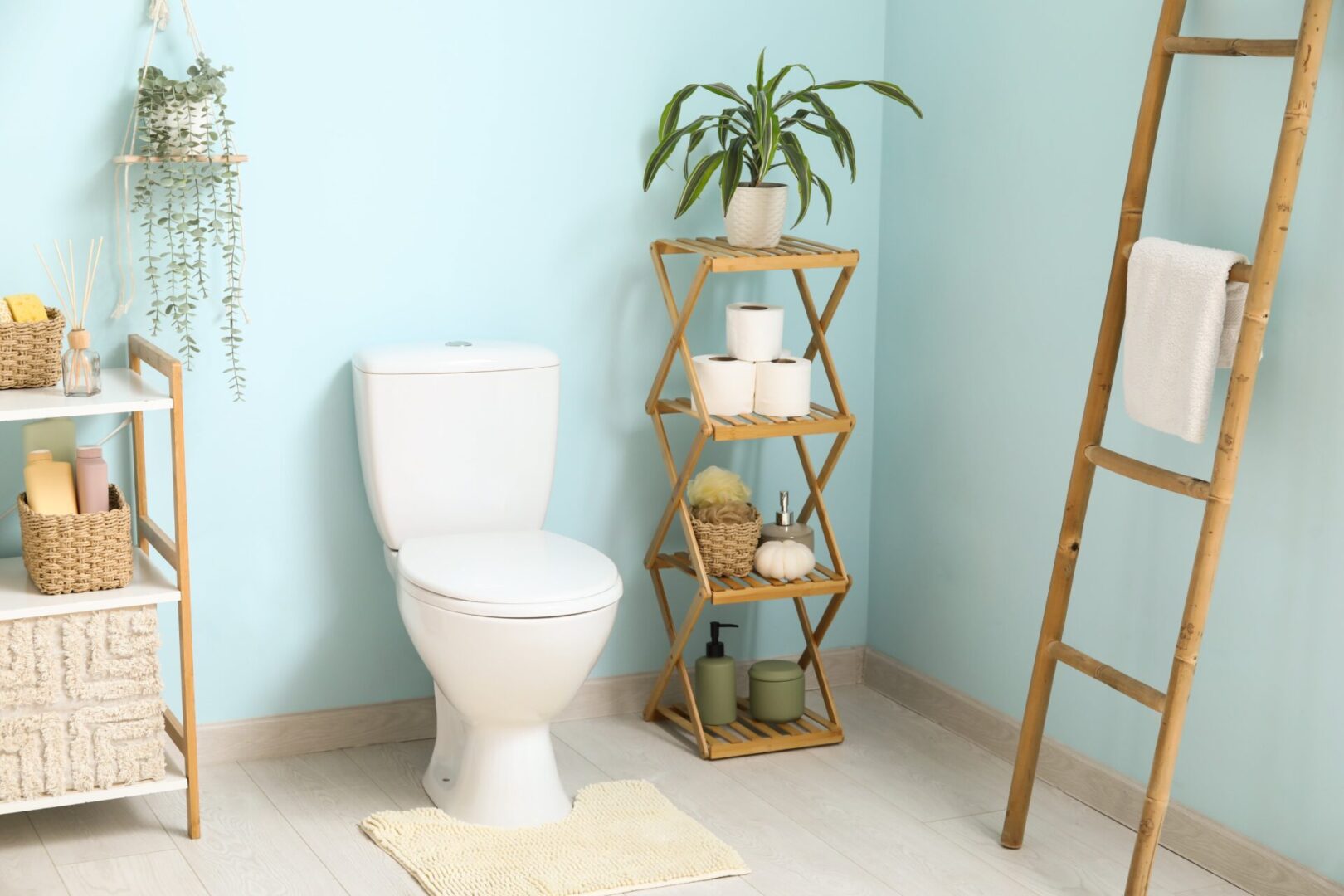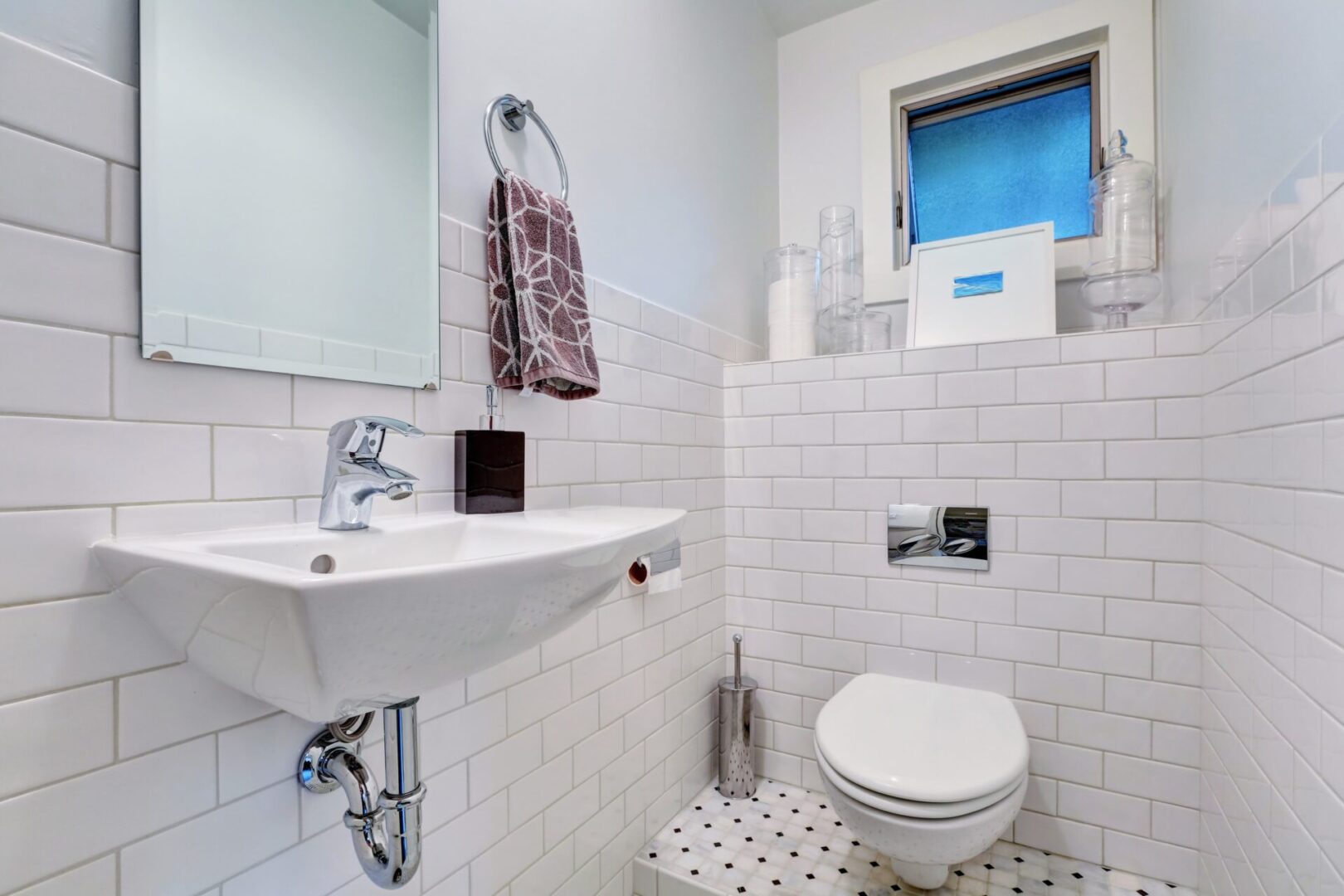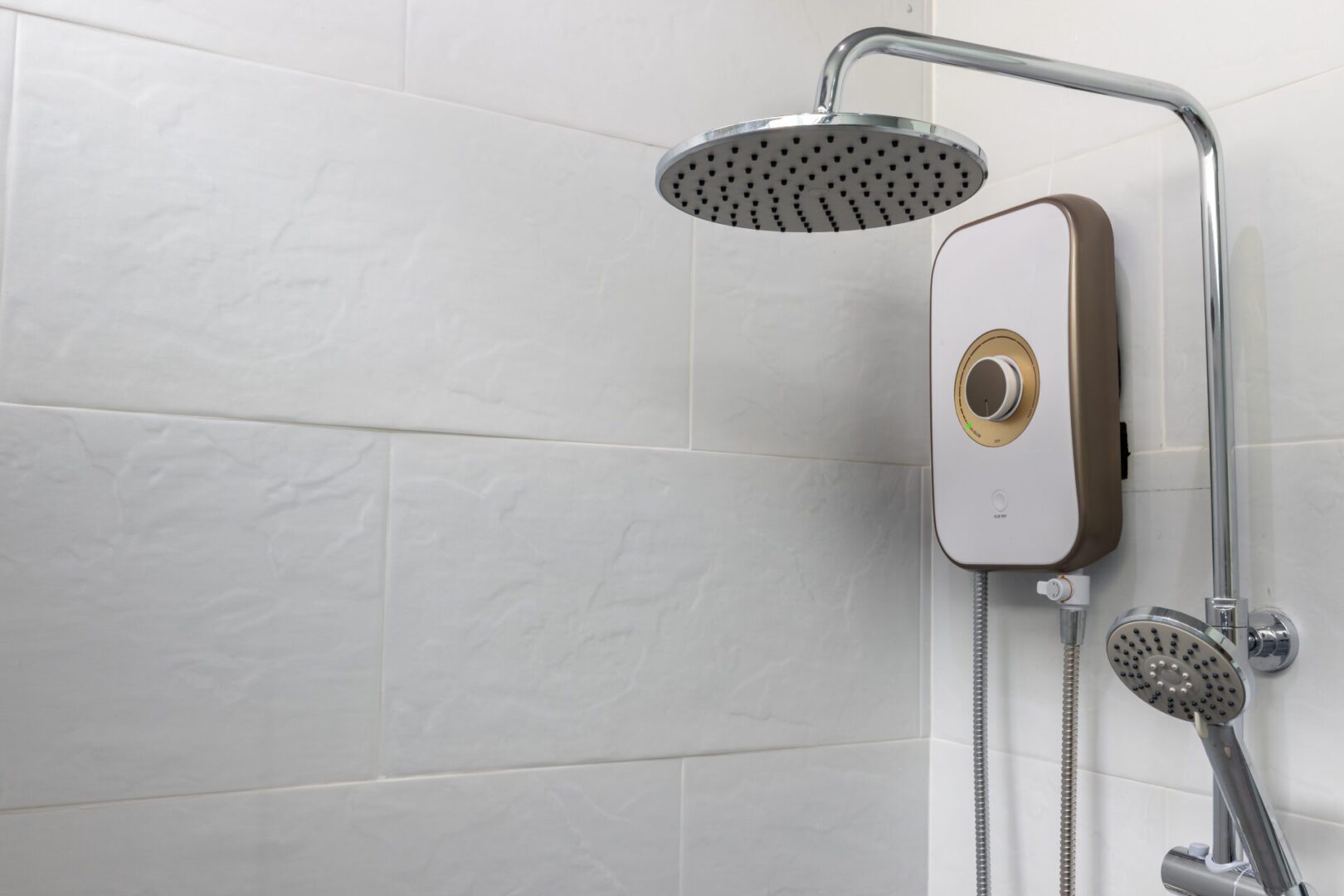
What is a Comfort Height Toilet?
What is a comfort height toilet and how does it differ from standard toilet height? It’s simple really, a comfort height toilet is designed to be slightly higher than a standard toilet, sometimes up...
View ArticleNothing should get in the way of maintaining a tranquil bathroom space. After all, it’s an area for you to relax and unwind at the end of a long day. So when maintenance problems hit, it can seem like a hassle, especially if you’re dealing with a drain blockage in your bath or shower.
But your stress levels needn’t overflow, as the experts at Boro Bathrooms explain how to unblock a bath or shower drain by yourself in this latest blog. Put down the phone to the plumber and check out our guide – where we’ll tell you three different ways you can remove a drain blockage without help.
Whilst an unfortunate situation, you might be able to unclog your shower or bath drain at home, without a professional. There are three ways you can try before you might need to contact a plumber for help. These include:
The quickest and most common way to unclog your shower or bath drain is to use boiling hot water. In certain cases, it can even help drain your water within a matter of hours.
Put simply, boiling water melts solidified grease, soap, and other residue – which might prevent water from draining. To ensure an effective treatment, remove any standing water in the shower or bath – so the boiling water can reach the clog whilst hot.
You might need to repeat the process a few times before you start to see results.
For more stubborn clogs, you may want to opt for a more chemical-based treatment. You can use shop-bought drain treatment – or, you can even purchase Boro Bathroom’s very own drain unblocker. This product has acid in it, which breaks up any blockages so water can flow through your shower drain easily. Speak to a member of our team to find out more!
But, you might find you might also have the ingredients needed to make a DIY drain cleaner at home. To make your own drain cleaner, you’ll need:
Start by pouring boiling water down the drain to remove any recent debris, then follow with the baking soda. Pour in your vinegar immediately after. This will cause a reaction between the two, which helps to break down the clog. Cover the drain and let the mixture sit for about 15-30 minutes – to ensure it takes full effect. Finally, flush the mixture with boiling water to clear the drain in its entirety.
Whether you have a small bathroom or a wet room, you can easily suffer from a drain blockage. Some clogs are simply too difficult to remove with hot water or drain solutions. And, if this is your situation – it’s time to take out the plunger. To begin, remove any visible soap or grease debris from the bottom of the bath or shower.
Make sure you have enough water in this space to fully cover the plunger’s cup. Failure to do so can mean that you won’t create a seal and ultimately, you won’t perform the best plunging action. Press the plunger down onto the drain firmly. This makes a seal around the drain which creates the vacuum you need to remove the clog. You’ll need to perform about 15-20 plunging motions until you feel a resistance.
When you feel relief, the drain is likely unclogged. You’ll know it’s worked if you can remove the plunger and the water can drain. Repeat the process a few times until you are satisfied – then flush with boiling water.
Whilst it can be done at home, there are several things you should avoid doing when unblocking a bath or shower drain. For example, try not to:
There are many different reasons why there’s standing water in your shower or bath drain. But, it’s likely caused by a blockage further down – which can be the consequence of several factors, such as:
It might seem unusual, but soap can create a blockage within your bath or shower drain. When soap is mixed with hard water, it can create a ‘scum’ – otherwise known as a sticky substance that builds up along the walls of your pipes. Over time, this build-up can become a blockage that ultimately narrows the width of your drain – making it difficult for water to flow through.
Wet hair tends to tangle and matt easier than dry hair. Not to mention, we lose a lot of hair when brushing it through – which many people do in the bath or shower. As a result, this can create clumps that hook onto your plughole cover and are hard to remove with just draining water. The mounds of hair can then accumulate, which may ultimately cause a drain blockage.
Whilst body and hair oils can seem relaxing, they might do more harm than good to your shower or bath drain. The grease from such oils cools and solidifies when entering the drain, which can cause them to stick to pipes in hard clumps. Furthermore, when mixed with soaps and shampoos, grease can create a thicker sludge that attaches itself to the pipes and makes it difficult for water to drain.
With our expertise in bathroom design and installation, we can overhaul your Greater Manchester shower area – or just provide you with bathroom supplies to fit yourself if you prefer.
Looking for more inspiration? Take a look at our current projects or head to one of our bathroom showrooms in Rochdale and Bury.
It takes approximately 30 minutes for bleach to dissolve hair.
It may take longer depending on the amount. If you feel the hair within your drain is not dissolving, you can use another cup of bleach.
Bleach may be a more effective solution, but vinegar is better for the overall health of your drains as it is non-toxic.
As a result, it’s less likely to cause damage to your pipes and ultimately prevent clogs in the future.

What is a comfort height toilet and how does it differ from standard toilet height? It’s simple really, a comfort height toilet is designed to be slightly higher than a standard toilet, sometimes up...
View Article
Half tiled bathroom ideas are almost limitless, simply due to how versatile the design choice is. It offers so many options in terms of different combinations of materials and colours. You almost have more...
View Article
How to replace an electric shower will depend largely on the type and brand of shower you have. Some shower arrangements have different set-up requirements and the fittings used to put them together may...
View Article
We all dream of our bathroom looking as fresh as the day we installed it. But over time, things happen, and your bathroom can collect dirt and grime that make it look less clean...
View Article